African nations reject Western hegemony, embrace multipolarity
By Shabbir Rizvi
For centuries, Africa has been subject to hyper-exploitation by the colonial West. From the plunder of resources, the facilitation of multiple waves of the slave trade, and the outright genocide -- the cruel subjugation of the continent and its resources has known no bounds.
To this day, African countries are subjected to exploitation. France imposes a colonial-era tax that ensures Africans live subsistence-level lives while ensnaring state enterprises with predatory loans.
The United States also joins in, using the International Monetary Fund (IMF) to destroy the public sector, privatizing them for the gain of American capitalists.
Any steps to deviate outside of these instruments are met with unilateral and ruthless sanctions.
Interestingly, the citizens of colonial countries that benefit most from the plunder of Africa are taught that Africa is poor. That if it were not for the West, Africa would still be centuries behind in the past.
However, nothing could be further from the truth.
Colonial countries do not ransack “poor” countries. They do not spend billions of dollars per year to maintain military bases and outposts in “poor” countries. They do not create economic structures of exploitation to keep countries in check if there is no value to exploit.
The fact of the matter is that Africa is rich and powerful. And the West knows this - which is why it is intent on keeping the continent subjugated. It is no surprise then that African nations have been looking eastward for sustainable partnerships, rather than doubling down with the predatory West.
In July alone, African nations have taken a step forward towards development - all while rejecting the apparatuses and rhetoric of the West, particularly the widely condemned US sanctions regime.
Meetings with China, Iran, and Russia highlight a much-needed focus toward African autonomy - something the West has invested billions of dollars to prevent.
July started halfway through the third China-Africa Economic and Trade Expo, which focused on the theme of “Common Development for a Shared Future." Central to the meeting is the Chinese Belt-and-Road initiative, which 52 out of the 54 African countries have signed onto.
Over the last decade, Chinese projects have exceeded $700 billion in Africa. Projects include power facilities, roads, and railways, which are created and facilitated by local leadership.
Critics and officials in the West decry this as “Chinese imperialism.” But this is a smokescreen for their pure hypocrisy - all one needs to do is take a look at the developments and who they benefit.
When the West subjugated Africa, they built railroads that lead from natural resources like rubber and iron to ports meant for Europe. These railways did not benefit the African people, as they were meant to make plundering easier and smoother.
However, the Belt and Road initiative is interlinking African countries to ease transport and facilitate trade between African countries, all while connecting them with Asia and Europe for global trade facilitation.
This allows for independent trade endeavors without the approval and predatory benefit of colonial Western nations.
Iran’s President Ebrahim Raeisi also embarked on a tour of Uganda, Kenya, and Zimbabwe earlier this month, signing a series of agreements with the three African countries.
The Islamic Republic of Iran has made notable steps towards its economic growth this year while dodging illegal sanctions of Western countries at the behest of the United States.
It should come as no shock that African nations would want to expand ties with a country that has navigated through illegal sanctions while continuing to grow and prosper.
Prior to the visit, trade between Iran and African countries, in general, remained somewhat stagnant. Now, trade is expected to increase to the tune of nearly 10 billion dollars over the next three years.
All without the predatory loopholes and schemes that would come with Western governments.
Iran’s cooperation with the African nations seeks to improve economic trade but also empower Africa with new technologies - such as drones for agricultural purposes - to help counter the economic pressure mechanisms of the West.
“With Africa's assistance, we should prevent the US and certain states that still have a colonial mindset from utilizing the deadly tool of sanctions against nations,” Iranian Foreign Minister Hossein Amir-Abdollahian said following the hugely successful three-nation tour.
Russian leadership also met with African leaders this month as Russian President Vladimir Putin invited six African nations to Moscow for a Russia-Africa Summit.
Putin pledged “joint determination to counter neocolonialism, the practice of applying illegitimate sanctions” before promising the delivery of grain to the countries and writing off billions in debt.
Burkina Faso President Ibrahaim Traore, who has boosted relations with Russia, condemned Western exploitation at the summit, saying African leaders “shouldn’t behave like puppets in the hands of imperialism. We must ensure that our countries are self-sufficient, including food supplies...”
“Self-sufficient” holds the key. The “development projects” of the West have long kept African nations ensnared. When African nations would not bend to the political demands of the United States, for example, they were slapped with sanctions that would destroy their economies.
Eritrea President Isaias Afwerki would agree. At the summit, he denounced the US-led sanctions that Eritrea has struggled against.
“They are not manufacturing anything at all, it's printing money. This has been one of their weapons globally - the monetary system... sanctions here, sanctions there... We need a new financial architecture globally,” Afwerki was quoted as saying.
The new shifts from African countries won’t come without its challenges. Countries seeking independence from neocolonial structures can expect the usual assortment of tricks from the West - coup attempts, “uprisings” engineered by foreign adversaries, and sabotage.
African nations must be prepared. Investment into security and intelligence will be much needed, and perhaps even just as important - trustworthy allies.
When push comes to shove, solidarity and cooperation among nations not seeking to exploit situations will be necessary. This is precisely why the West has sought to keep African nations isolated, engineering conflicts to keep African nations atomized.
The recent partnerships between Africa and the East are foundational to a new, global economic system that is not dominated by the dollar. Mutual benefit and respect for independence is paving the way for the destruction of the “rules-based order” which is designed to only benefit American capitalists.
Late Burkina Faso leader Thomas Sankara, who was murdered by French-backed militants, said it best: “Imperialism is a system of exploitation that occurs not only in the brutal form of those who come with guns to conquer territory. Imperialism often occurs in more subtle forms, as loans, food aid, and blackmail. We are fighting this system that allows a handful of men on Earth to rule all of humanity.”
Shabbir Rizvi is a Chicago-based political analyst with a focus on US internal security and foreign policy.
(The views expressed in this article do not necessarily reflect those of Press TV)
170 students, teachers martyred in ‘deliberate’ strikes on Iranian schools: Minister
Iran’s air defense systems down six advanced Hermes drones
US defenses overwhelmed by Iran’s drone and missile barrages: WSJ
IRGC says second US THAAD anti-missile unit destroyed
CNN journalists abducted by Israel while reporting on damage from Iranian strikes
Iran denies attacks on Oman as it warns of US-Israeli ‘false-flag’ ops
Iran knows where Netanyahu convenes his meetings: Ex-IRGC chief
‘Law of jungle’: China says Israeli-US aggression against Iran must stop


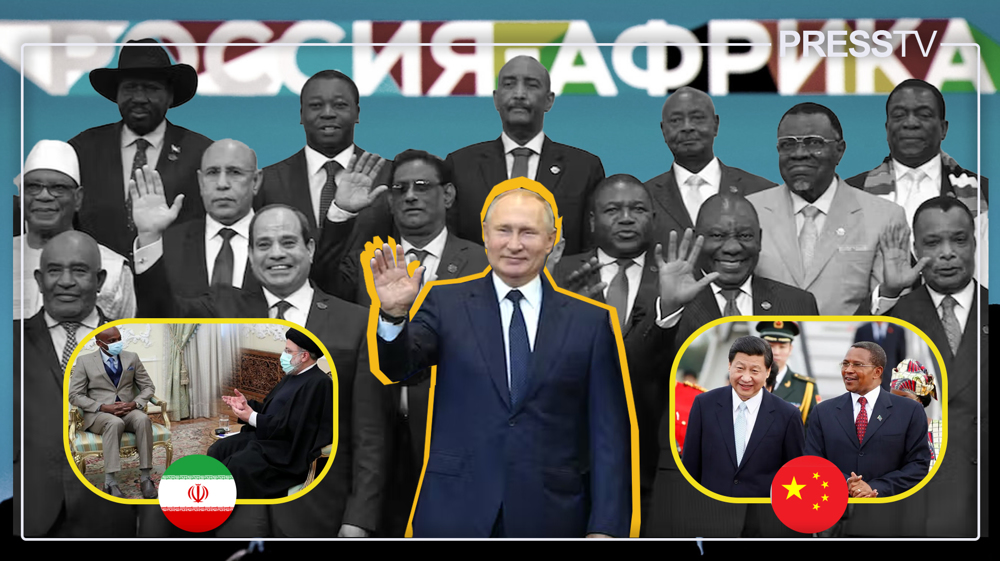

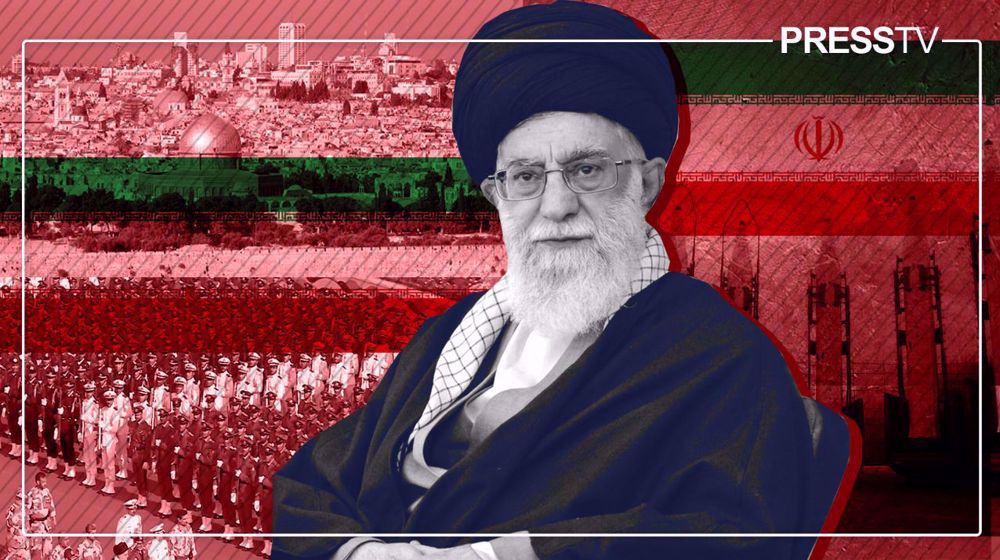
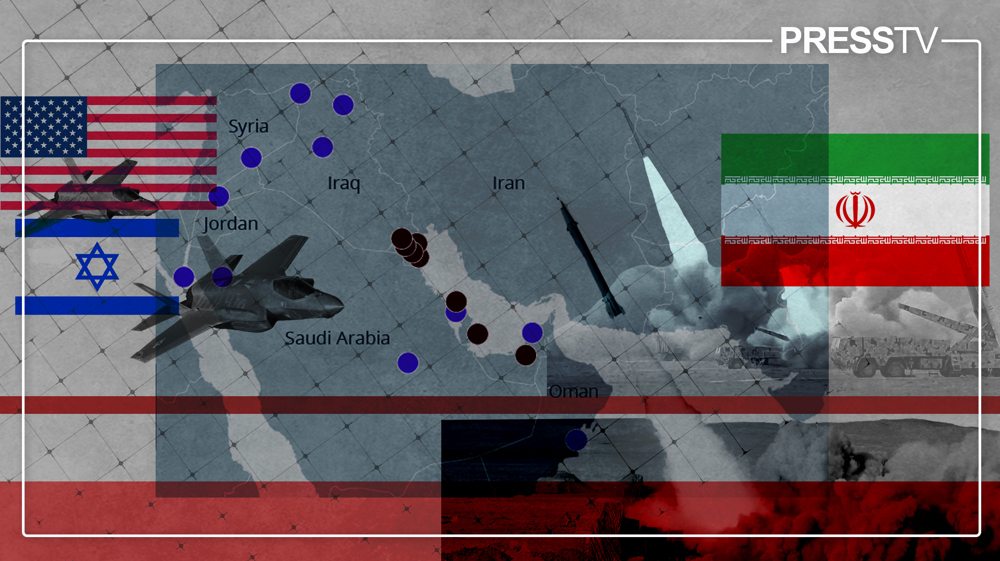




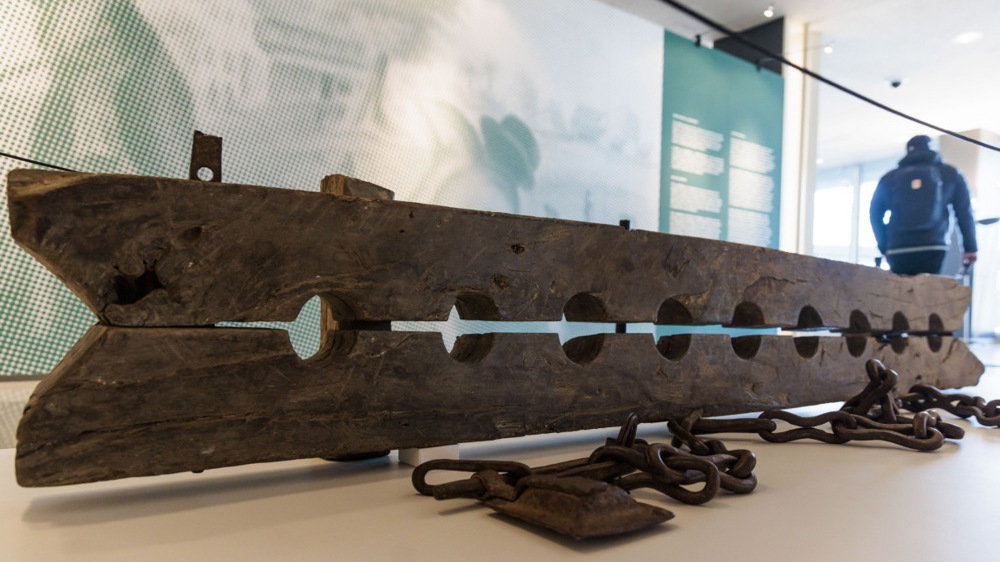

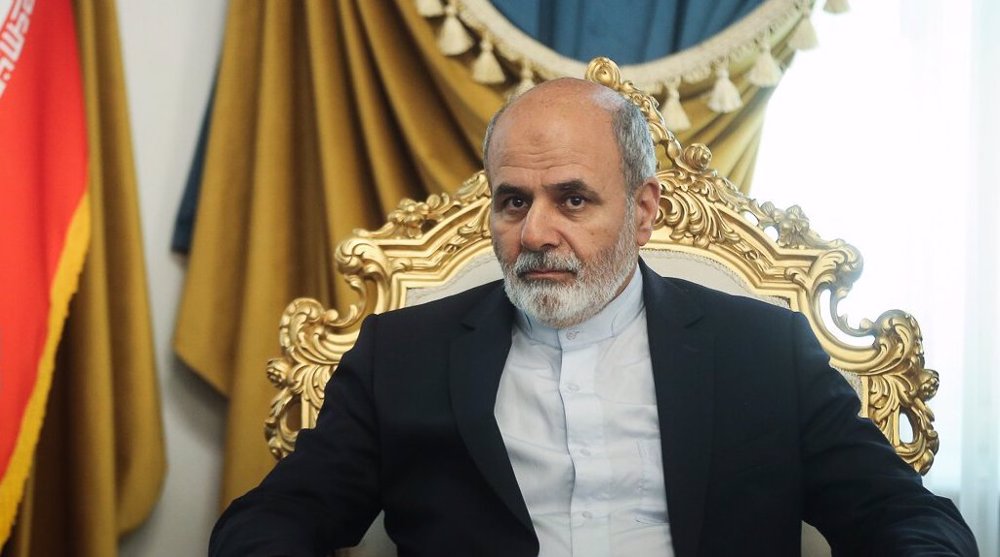
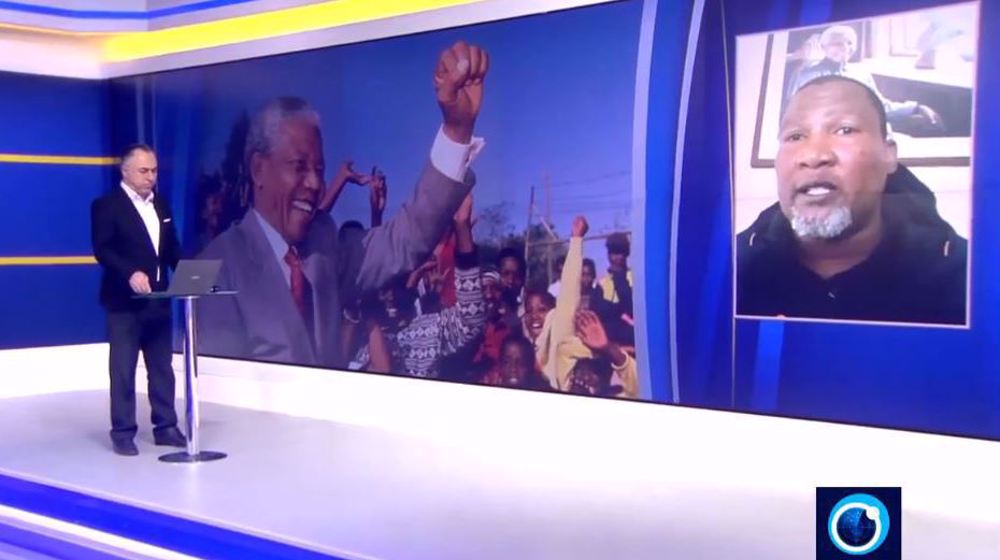

 This makes it easy to access the Press TV website
This makes it easy to access the Press TV website